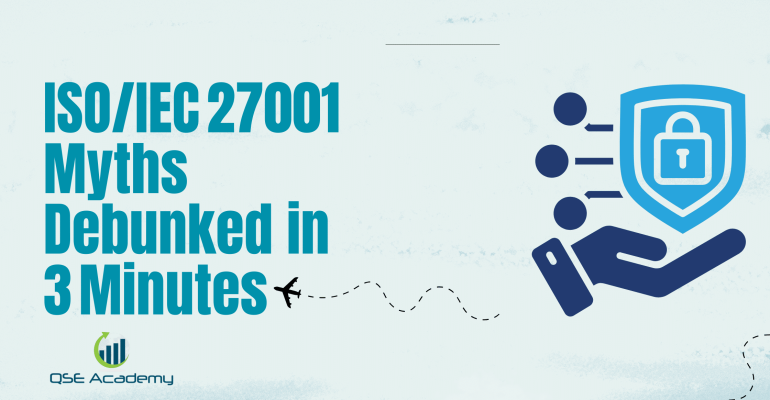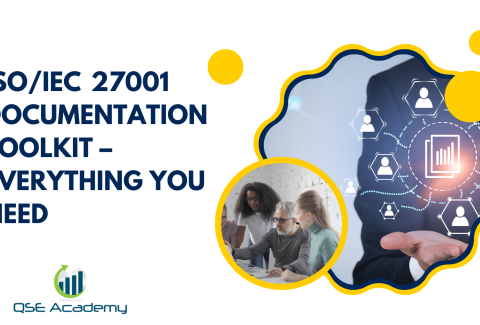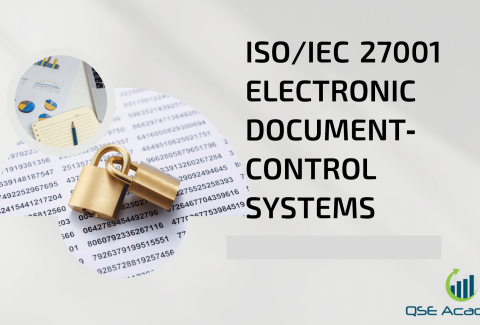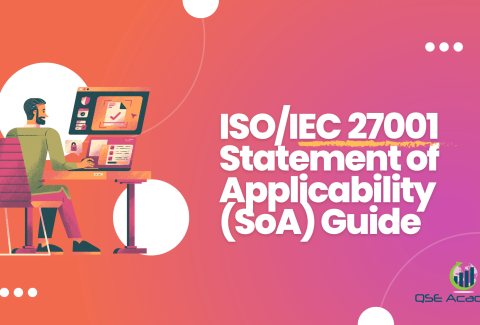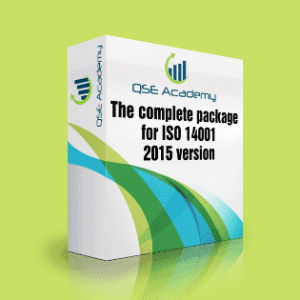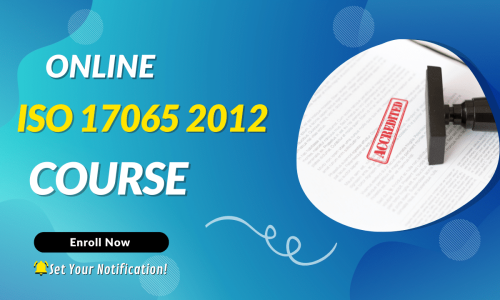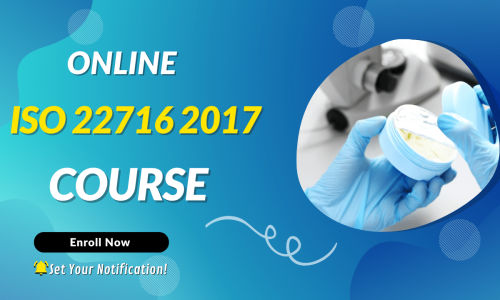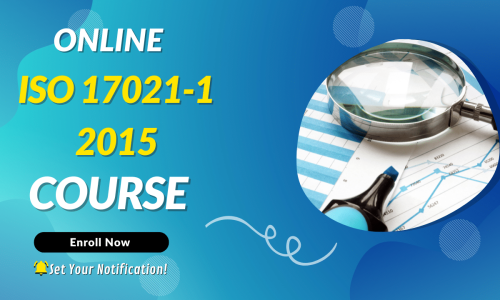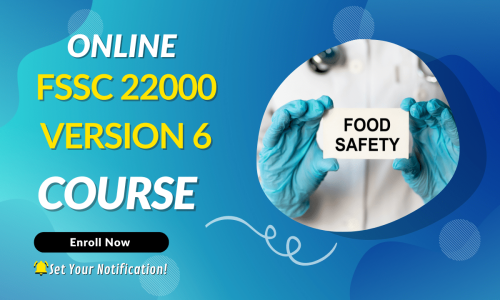ISO/IEC 27001 Myths Debunked in 3 Minutes
Last Updated on December 23, 2025 by Hafsa J.
Introduction
ISO/IEC 27001 is the world’s leading standard for information security management—but it’s also surrounded by a lot of myths. Some organisations think it’s only for big corporations, others believe it’s just about IT, and many assume it’s far too complex or expensive to achieve.
The reality is very different. ISO 27001 is flexible, scalable, and designed to help organisations of all sizes protect information, build trust, and win business.
In this article, we’ll debunk the most common myths holding businesses back from certification. In just a few minutes, you’ll see why these misconceptions don’t hold up—and why ISO 27001 could be more achievable (and valuable) than you think.
Myth 1: ISO 27001 is Only for Large Corporations
It’s easy to assume ISO/IEC 27001 is designed for multinational giants with massive IT departments. In reality, the standard is just as relevant for small and medium-sized businesses.
ISO 27001 is scalable—it can be applied to a single office, a specific business unit, or an entire global enterprise. Smaller companies often find certification especially valuable because it helps them:
-
Prove credibility to larger clients.
-
Compete for contracts that require certification.
-
Establish structured processes early, avoiding costly fixes later.
Example
A 25-person SaaS startup used ISO 27001 certification to win contracts with enterprise clients who demanded strong security guarantees. Without it, the company would never have passed supplier vetting.
Far from being “only for big players,” ISO 27001 can be a growth accelerator for smaller organisations looking to build trust and expand.
Myth 2: ISO 27001 is Just an IT Standard
A common misconception is that ISO/IEC 27001 is all about firewalls, servers, and software. While technology is part of it, the standard goes far beyond IT.
ISO 27001 is about building an Information Security Management System (ISMS)—a framework that covers:
-
People – training employees, raising awareness, assigning clear responsibilities.
-
Processes – documented policies, supplier management, incident response planning.
-
Physical Security – protecting offices, devices, and data storage locations.
Example
An organisation may have strong technical controls in place but fail an audit because staff weren’t trained to spot phishing attempts. ISO 27001 ensures security isn’t just technical—it’s woven into culture, processes, and daily operations.
By focusing only on IT, businesses risk leaving gaps elsewhere. ISO 27001 brings everything together into a single, systematic approach.
Myth 3: Certification Guarantees Zero Data Breaches
Some organisations think that achieving ISO/IEC 27001 means they’ll never experience a data breach again. That’s not how it works.
ISO 27001 doesn’t eliminate all risks—it ensures that risks are identified, managed, and reduced through structured controls. The value of certification lies in being prepared: if something does happen, the organisation can respond quickly and limit damage.
Example
A logistics company certified to ISO 27001 experienced a phishing attack that slipped past its filters. Thanks to its ISMS, the incident was detected early, contained, and reported properly. The breach caused minimal disruption and no regulatory penalties—outcomes that would have been far worse without the framework in place.
Certification doesn’t promise perfection. Instead, it provides a proven safety net that reduces likelihood and impact, while showing regulators and clients that security is taken seriously.
Myth 4: ISO 27001 is Too Complicated and Expensive
Another widespread belief is that ISO/IEC 27001 requires endless paperwork, huge budgets, and an army of consultants. The truth is, the standard is scalable and adaptable to the size and complexity of your organisation.
For smaller companies, the ISMS can focus on core processes and risks without unnecessary overhead. For larger enterprises, the framework naturally expands to cover broader operations. The cost of certification is often outweighed by savings from avoided breaches, smoother audits, and access to new contracts.
Example
A mid-sized healthcare provider implemented ISO 27001 using existing policies and processes as a foundation. With guidance, the system was aligned to the standard in under nine months. The investment paid off quickly—regulatory fines were avoided, and client confidence increased.
Far from being unmanageable, ISO 27001 is designed to be practical and proportionate, making security achievable rather than overwhelming.
Myth 5: It’s Just a One-Time Project
Some organisations approach ISO/IEC 27001 as if it’s a checklist: implement controls, get certified, and move on. But the standard is built on the principle of continuous improvement.
Certification requires regular internal audits, management reviews, and external surveillance audits. The idea isn’t just to pass once—it’s to maintain and evolve the system as new risks, technologies, and regulations emerge.
Example
A technology company gained certification but didn’t keep up with regular risk assessments. When new threats appeared, outdated controls left them exposed. After corrective action, the organisation embraced the ongoing cycle of review and improvement—turning ISO 27001 into a living system that kept pace with change.
ISO 27001 isn’t a one-off badge. It’s an ongoing commitment that keeps organisations resilient and customers reassured.
FAQs
Is ISO 27001 certification mandatory?
No. It isn’t legally required for all organisations. However, many industries and contracts demand it, and it’s increasingly seen as a global benchmark for trusted partners.
How long does ISO 27001 certification take?
It depends on the organisation’s size and readiness. Smaller businesses may complete certification in 3–6 months, while larger or more complex organisations may take closer to a year.
Can small businesses really afford ISO 27001?
Yes. The framework scales to fit the organisation. For SMEs, the costs are proportionate to their scope, and the return on investment often comes through new clients, reduced risks, and smoother operations.
Conclusion
ISO/IEC 27001 is often misunderstood, but the myths don’t hold up under scrutiny. It isn’t just for large corporations, it’s not limited to IT, and it doesn’t need to be overly complex or costly. Certification doesn’t guarantee perfection, but it does provide a proven framework for managing risks, protecting data, and building trust.
For organisations, the message is simple: ISO 27001 is flexible, scalable, and practical. For customers, it’s a visible commitment that their information is being handled responsibly.
Next Step: Don’t let myths stop your organisation from moving forward. Explore ISO 27001 requirements, assess where you stand today, and take the first step toward certification with toolkits, training, or expert guidance.
I specialize in both cybersecurity and quality management systems, with a strong focus on the application of ISO standards in real-world organizational settings. I’ve received extensive professional training in cybersecurity, IT governance, and information security management systems such as ISO/IEC 27001, ISO 20000, and ISO 22301. My expertise also includes ISO 9001 and broader principles of quality assurance, process optimization, and risk-based thinking, helping organizations strengthen both digital and operational resilience. I support businesses in aligning with international standards to ensure compliance, data protection, and continuous improvement across both IT and quality systems. At QSE Academy, I contribute expert content focused on ISO 9001, cybersecurity frameworks, and integrated management systems, turning complex requirements into practical, accessible guidance. I’m passionate about building secure, high-quality environments where compliance and performance go hand in hand.

